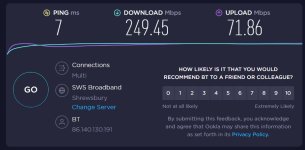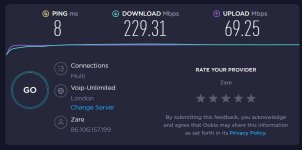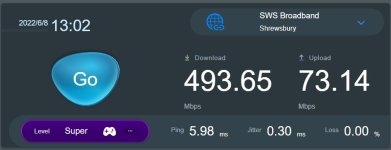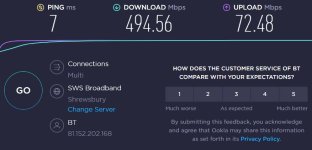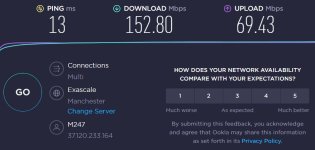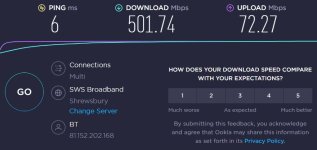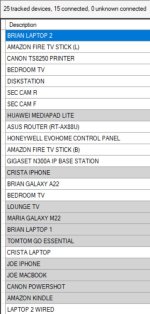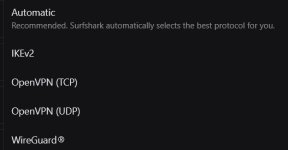TheLyppardMan
Very Senior Member
I have just set up my RT-AX88U to use Quad9’s DNS servers, rather than the default settings for my ISP. However, I’m no expert at this sort of stuff, so I have a few questions which I’d appreciate answers to from someone more knowledgeable:-
- Can anyone tell me whether it’s possible or indeed necessary to use a VPN on my network devices when at home, in addition to Quad9?
- If only one of them can be used at any one time, which is likely to provide the most privacy and security?
- I have an active subscription for Surfshark and I understand that there is an option to install that on the router in order to protect the entire network. If I were to do that, would there be an option to be able to exclude certain devices on the network and if so how would I do that?
- If I did have Surfshark on my router, would that interfere with AdGuard that I have on two of my laptops and may be about to reinstall on my Fire TV Stick, if I can fathom out a way to access YouTube using the Siri browser when AdGuard is active, which I have yet to be able to do?

